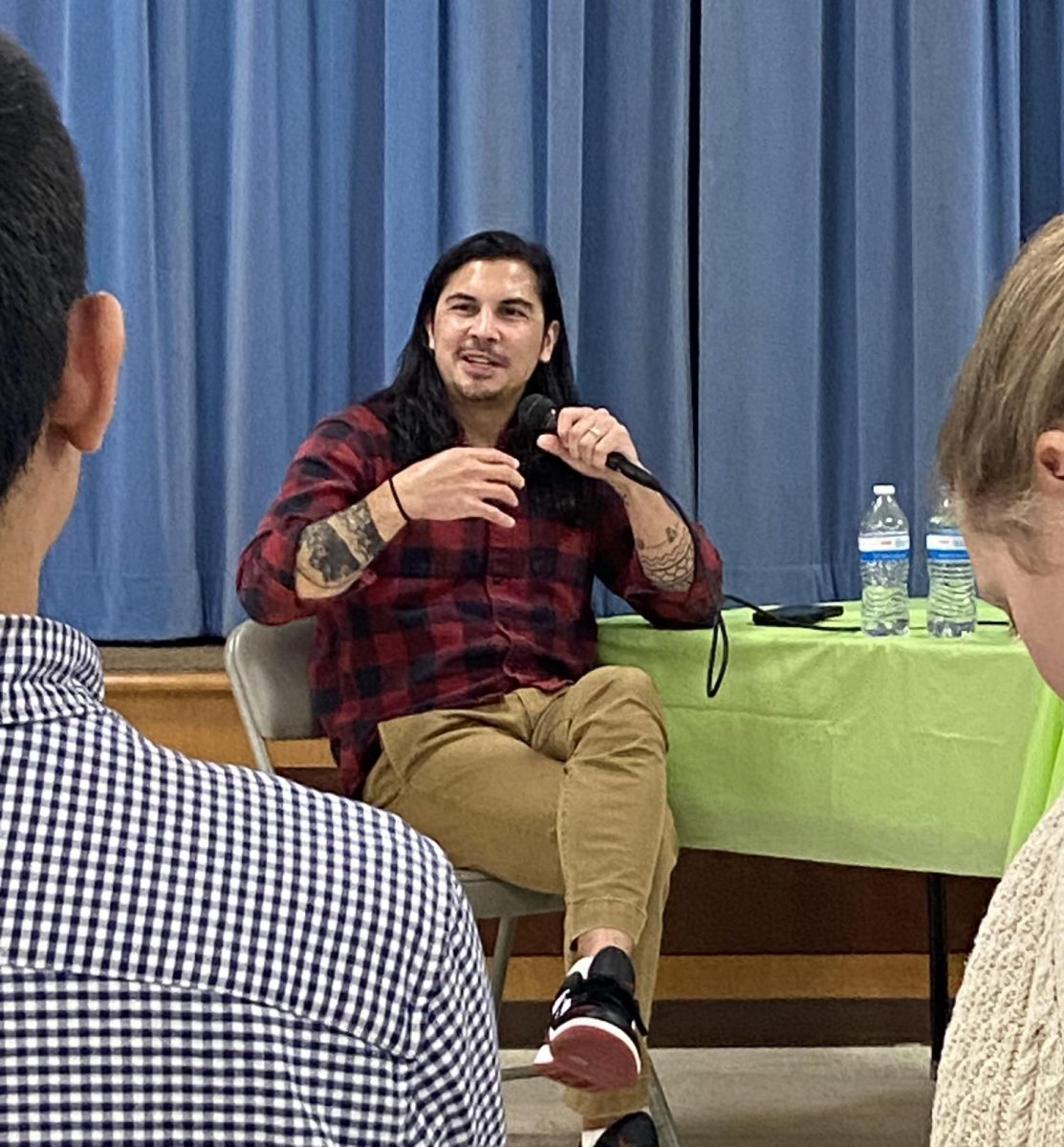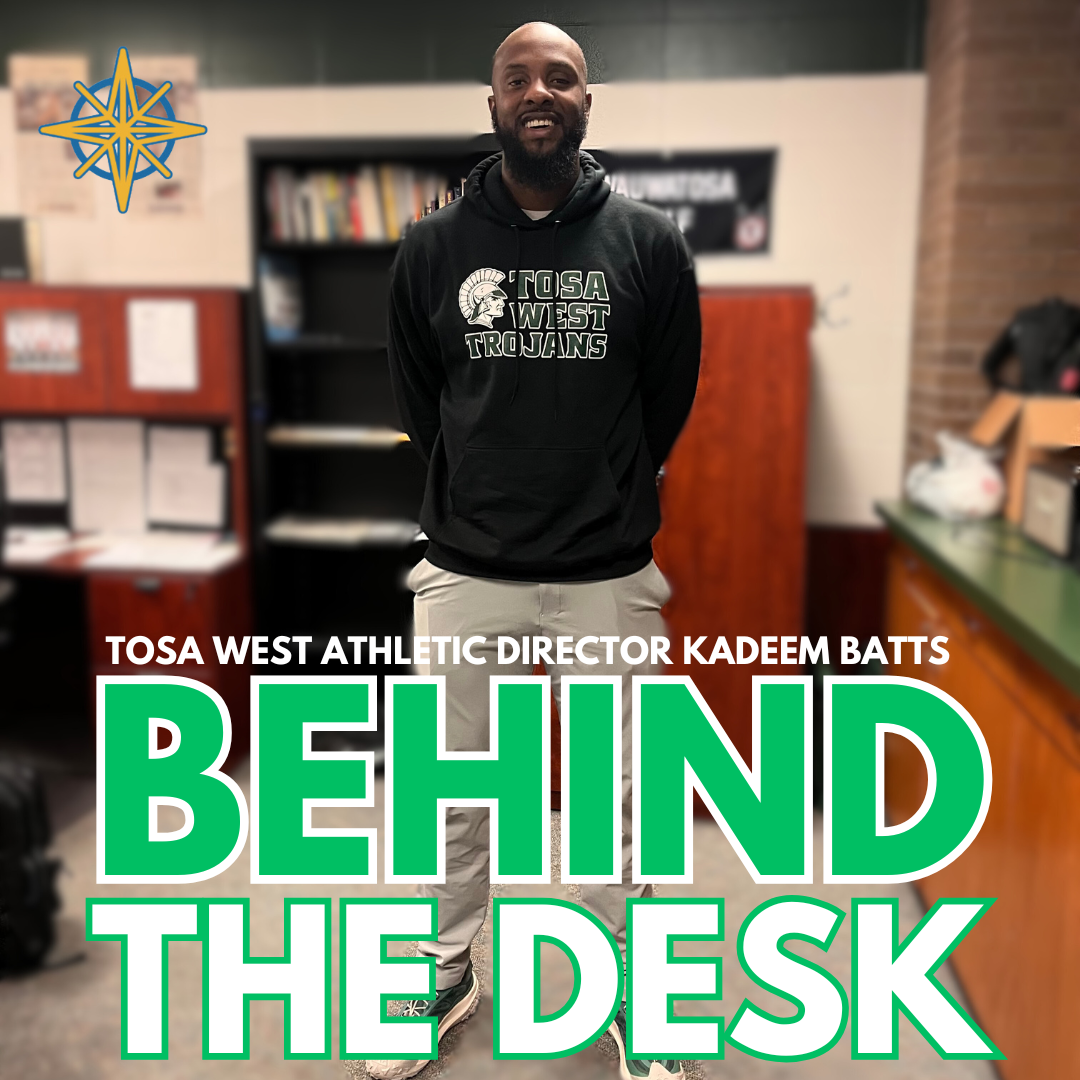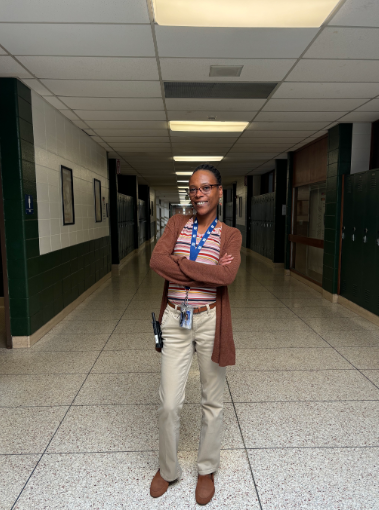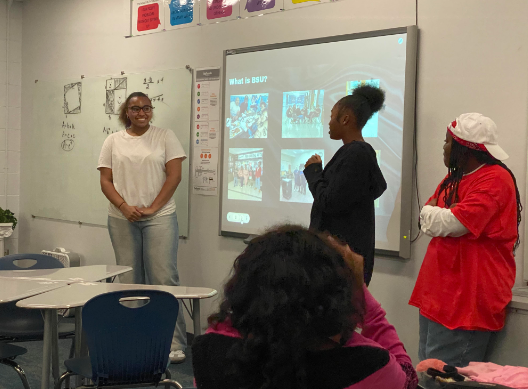Mary Beth Tinker, of the landmark Supreme Court case Tinker v. Des Moines, spoke Friday with students at the KEMPA conference at the University of Wisconsin at Whitewater.
In 1965, Mary Beth Tinker, then 13, and several other students wore black armbands to protest the Vietnam War. Several of the students were punished and forced to remove the armbands. Tinker, along with her older brother John and their friend Christopher Eckhardt sued, and, ultimately, the Supreme Court’s decision in their case provided a basis for the protection of students’ speech in public schools. In 2013, Mary Beth Tinker initiated her Tinker Tour, with the goal of promoting “youth voices, free speech, and a free press.”
Tinker didn’t initially plan to change history.
“They asked me to take off the bracelets, which I did,” said Tinker.
According to Tinker, her case is proof that anyone can right the wrongs they see in their life.
“You don’t have to be the bravest person on Earth to make a difference,” said Tinker. “I was just a scared little kid.”
Tinker talked about how her struggle with restrictions on free speech continued after the Tinker decision, with new a new court decision in Hazelwood v. Kuhlmeier.
Tinker also spoke about current issues in the struggle for students’ free speech rights, such as the controversy surrounding “I (heart) boobies” bracelets. These bracelets have spawned controversy in Wisconsin, Missouri, and Pennsylvania.
Tinker also led students in discussion of current school censorship policies, such as prior review, and restrictions on students’ internet use.






